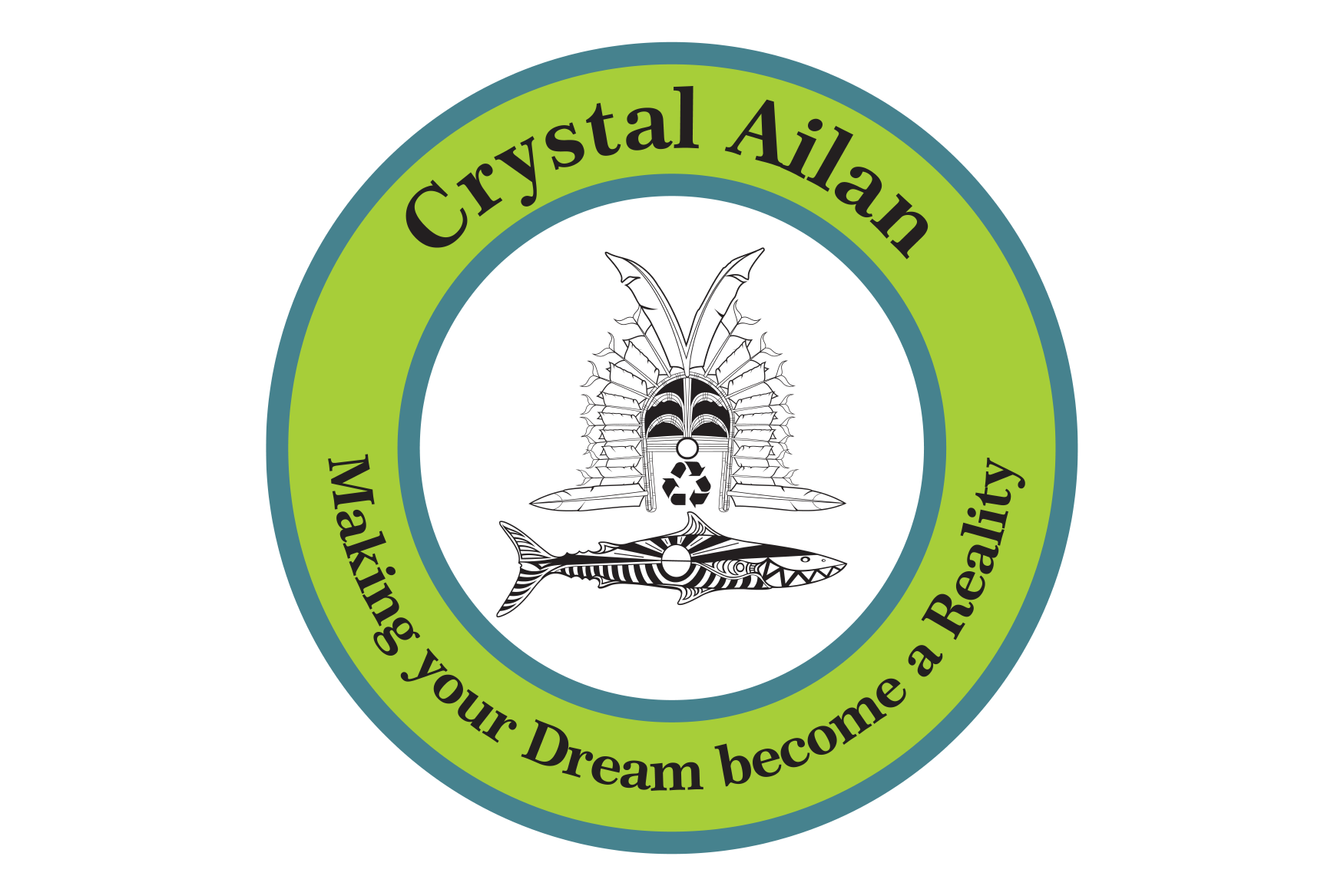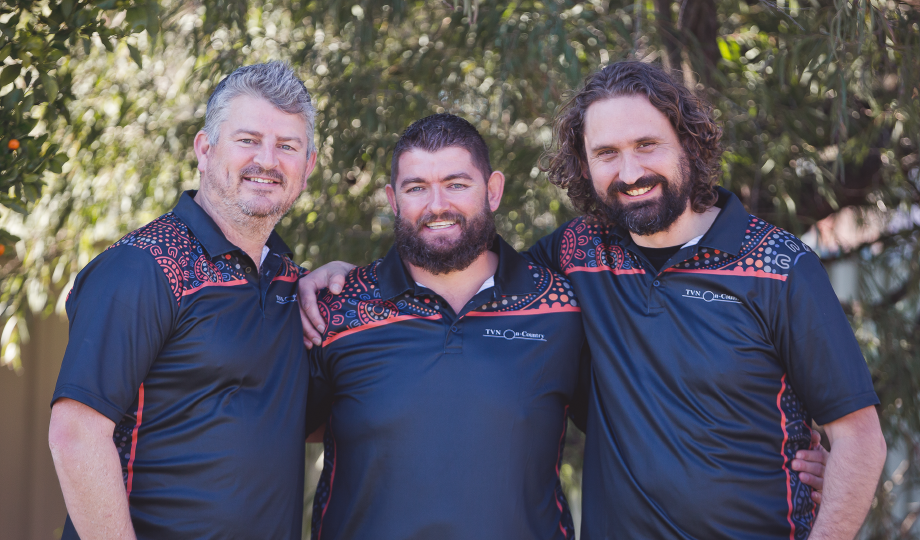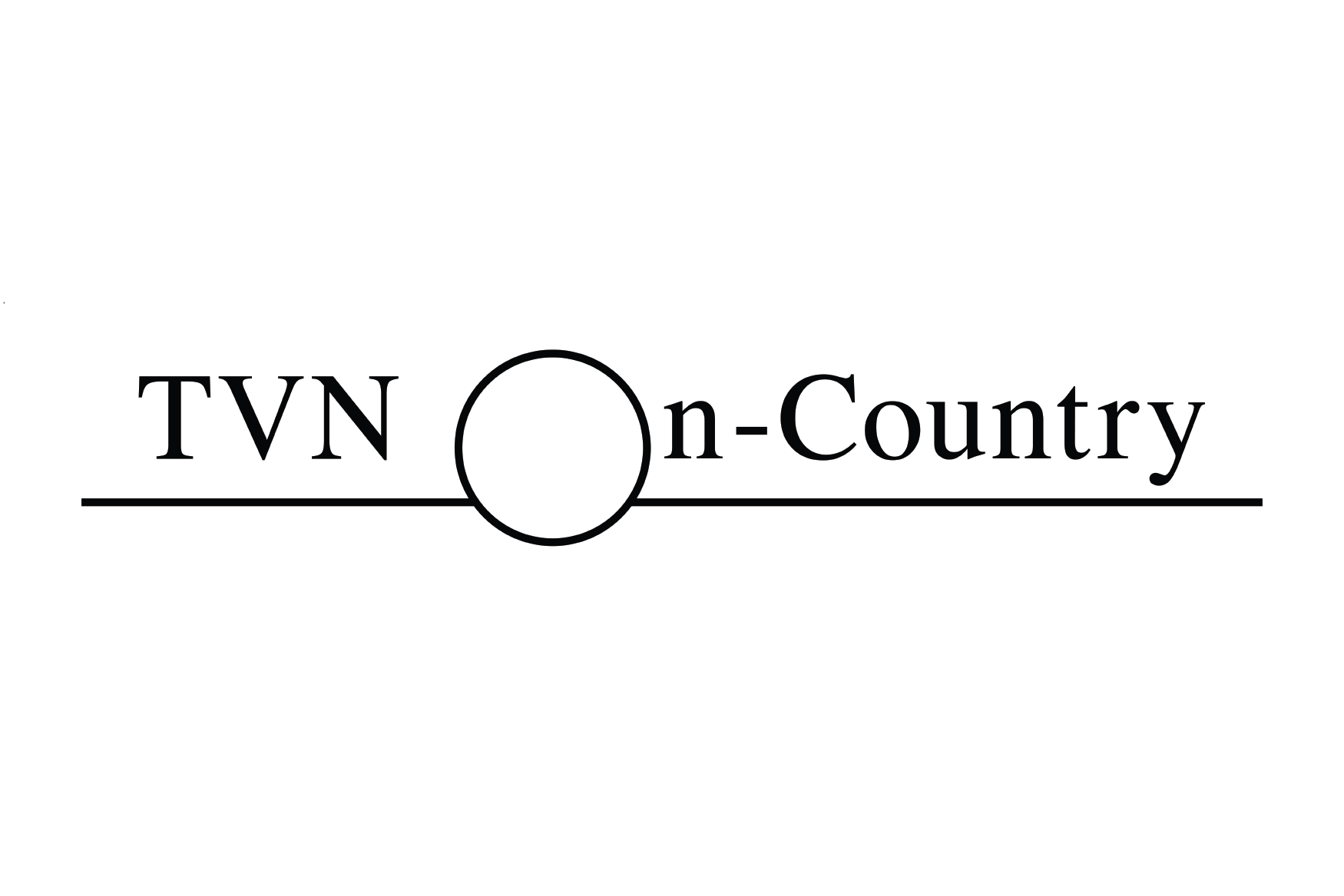
Crystal Ailan: cleaning up the Blue Highway
It is estimated that around 4.9 million plastic containers enter the Torres Strait region annually from as far away as Bali, Hong Kong and Singapore.
Keeping the ‘blue highway’ free of harmful waste is a priority for Crystal Ailan Recycling, a proud Indigenous-owned enterprise based on Badu Island in the Torres Strait. In harnessing recyclable resources, they are making a significant contribution toward sustainability and community empowerment – transforming waste into opportunity.
Founded by local entrepreneur Edmund Tamwoy, Crystal Ailan was established in 2017 as a grassroots waste recovery effort and is now working on establishing a Plastic Smart Centre and micro-manufacturing facilities to tackle plastic waste locally.
The Plastic Smart Centre, a collaboration with the University of New South Wales (UNSW) will focus on environmental education, plastic recovery and innovative remanufacturing. This initiative aims to upskill the local community and promote sustainable enterprise.
Created as a response to waste, employment and local cultural challenges, the business is also delivering the Torres Strait’s first dedicated waste recycling program and operator of the region’s first Containers for Change refund point.
Crystal Ailan also offers environmental management services, disaster response and clean-up capabilities. A focus on education and training has also been a priority for the business, leading to the establishment of Torres Strait’s first Vocational Education and Training Centre offering a Diploma in Marine Habitat Conservation and Restoration among others.
To date, over 100,000 containers have been processed, returning more than $10,000 to the community creating jobs and heavily reducing litter on the island.
Crystal Ailan operates a sea-going vessel which enables the collection of eligible plastic waste across neighbouring islands and removal of harmful marine debris from all accessible coastal and marine environments where plastic pollution has taken a significant toll.
Founder and director, Edmund Tamoy is optimistic but realistic about the job ahead of them.
“It is vital that we increase our mobility and reach to access remote communities and hard-to-reach shorelines so we can better undertake the protection of land, sea and culture for future generations. We are actively looking for increased funding to support the deployment of an additional vessel.”
Recovered plastic waste becomes part of a circular value chain and is turned into marketable merchandise often in collaboration with local artists.
The business has a vision to showcase Indigenous-made products at the Brisbane 2032 Olympics.
Collaboration and partnerships are key to achieving Edmund’s dream of restoring marine habitats and creating a viable recycling economy which benefits the local community.
Crystal Ailan’s initiatives not only support environmental goals but also foster economic development and cultural pride in remote Indigenous communities.
“We are making a difference, but the size of the problem is huge with more waste drifting towards us every day, and we need the backing of government as well as research entities and other non-profit institutions.
“I am sure that together we can regenerate the Torres Strait, economically, ecologically and culturally. We can’t wait, it’s too important,” says Edmund.


